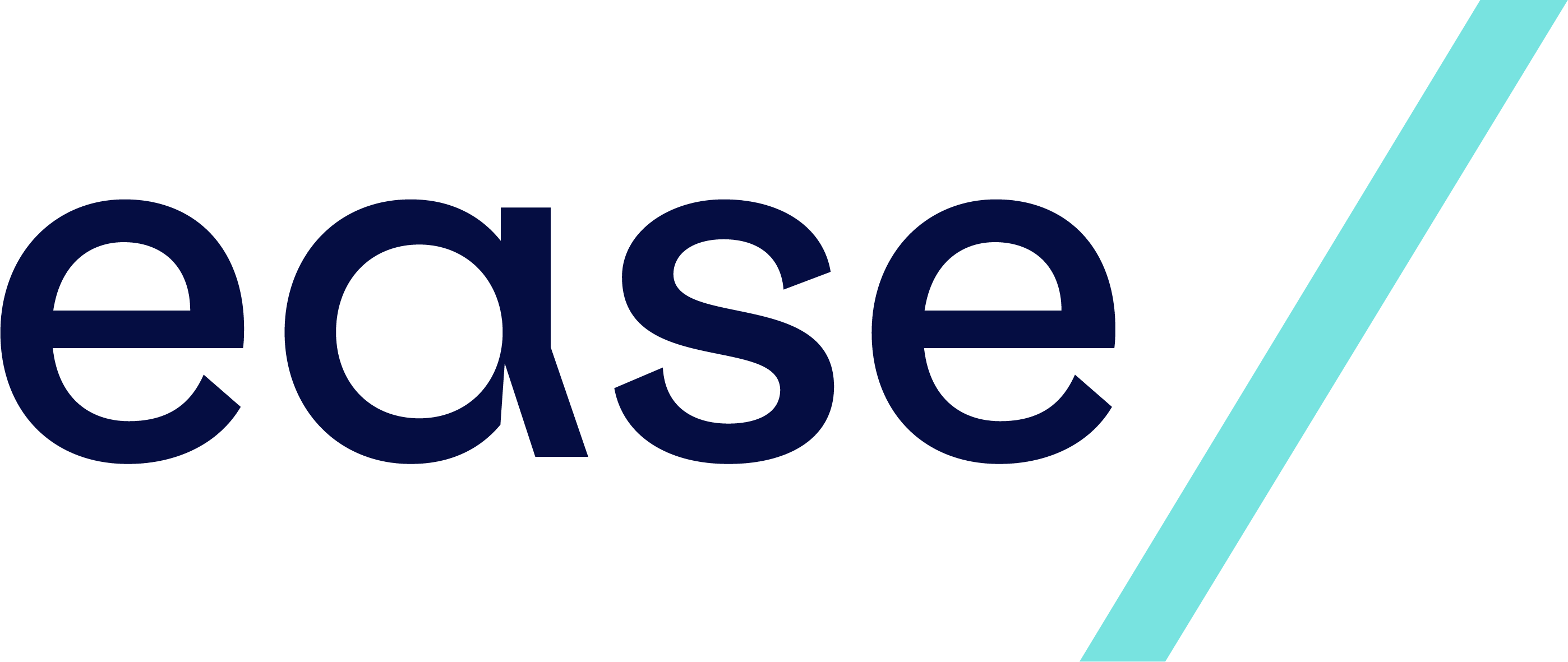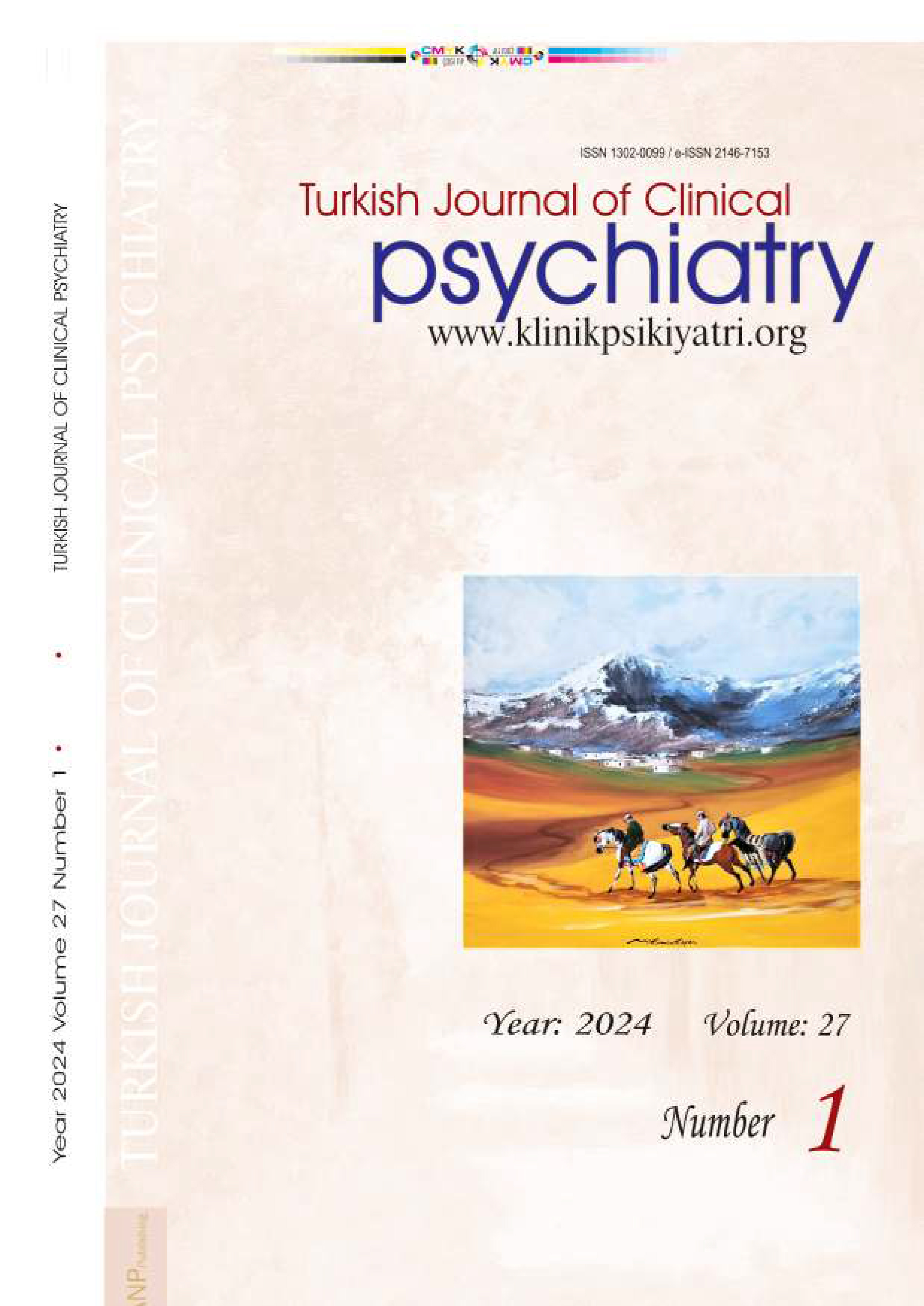





Investigating of the Relationships Between Adults' Subjective Well-being and Primary-Secondary Capabilities with Respect to Positive Psychotherapy
AN Eryilmaz1Yrd.Doç.Dr., Osmangazi Üniversitesi, EskişehirObjectives: In psychology, happiness is treated with the concept of subjective well-being, which means an individual's evaluation of and judgment about his life. Subjective well-being is not a single dimensional structure. It has three important elements: Positive affect, negative affect and life satisfaction. Positive Psychotherapy is based on balance model. Individuals cope with the conflictions they face by their bodies, their achievements, their social contact and fantasy. The aim of Positive Psychotherapy is to widen the opportunity with which he copes the conflictions. The goals of all therapy methods help individuals in order to get rid of pathologies and also live happily. So many therapy methods and assumptions put into practice with respect to these goals. This study examines the association between the positive psychotherapy constructs and subjective well being. Method: A total of 182 individuals- between ages 25-40- (94 female and 88 male) completed Wiesbaden's Inventory of Positive Psychotherapy and Family Therapy, Positive-Negative Affect Scale, and also Life Satisfaction Scale. Multiple regression analysis method was conducted in order to investigate the relationship between variables. Results: Regression analysis shows that achievement and trustworthiness are important predictors of subjective well-being as secondary capabilities. Time and hope are important predictors of subjective well-being as primary capabilities. Conclusion: Achievement, trustworthiness, time and hope capabilities are important for adults' subjective well-being. So, it is concluded that the results of this study can be used in therapeutic process.
Keywords: Key Words: Subjective well-being, positive psychotherapy, primary and secondary capabilities, adults.
Yetişkin Öznel İyi Oluşu ile Pozitif Psikoterapi Bağlamında Birincil ve İkincil Yetenekler Arasındaki İlişkilerin İncelenmesi
AN Eryilmaz1Yrd.Doç.Dr., Osmangazi Üniversitesi, EskişehirAmaç: Psikolojide mutluluk, öznel iyi oluş kavramıyla ele alınmaktadır. Pozitif Psikoterapi, denge modeline dayanır. Bireylerin çatışmayla baş etme kaynaklarını güçlendirmeyi amaçlar. Pozitif Psikoterapide bireyin sahip olduğu yetenekleri önemlidir. Bütün psikoterapi- lerde amaç, bireylerin ruhsal bozukluklardan arınık, mutlu bir şekilde yaşamlarına devam etmelerine yardımcı olmaktır. Bu amaç doğrultusunda pek çok terapi tekniği ve ilkeleri uygulamaya konulmaktadır. Bu çalışmanın amacı, yetişkinlerin öznel iyi oluşları ile pozitif psikoterapi yapılarından olan birincil ve ikincil yetenekler arasındaki ilişkilerin incelenmesidir. Yöntem: Çalışmaya Ankara'da yaşayan 25-40 yaşları arasındaki 94 kadın ve 88 erkek olmak üzere toplam 182 kişi katılmıştır. Çalışmada Yaşam Doyumu Ölçeği, Pozitif-Negatif Duygu Ölçeği ve Wiesbaden Pozitif Psikoterapi ve Aile Terapisi Envanteri kullanılmıştır. Verilerin analizinde çoklu regresyon analizi tekniği kullanılmıştır. Bulgular: Analiz sonuçlarına göre, birincil yeteneklerden umudun ve zamanın; ikincil yeteneklerden başarının ve güvenirliliğin yetişkin öznel iyi oluşunu anlamlı düzeyde ve pozitif yönde açıkladığı bulunmuştur. Sonuç: Yetişkinlerin öznel iyi oluşları için başarı, güvenirlilik, zaman ve umut yetenekleri önemlidir. Sonuç olarak; bu çalışmanın bulguları, terapi sürecinde kullanılabilir.
Anahtar Kelimeler: Anahtar Sözcükler: Öznel iyi oluş, pozitif psikoterapi, birincil ve ikincil yetenekler, yetişkin.
Manuscript Language: English
(4041 downloaded)










